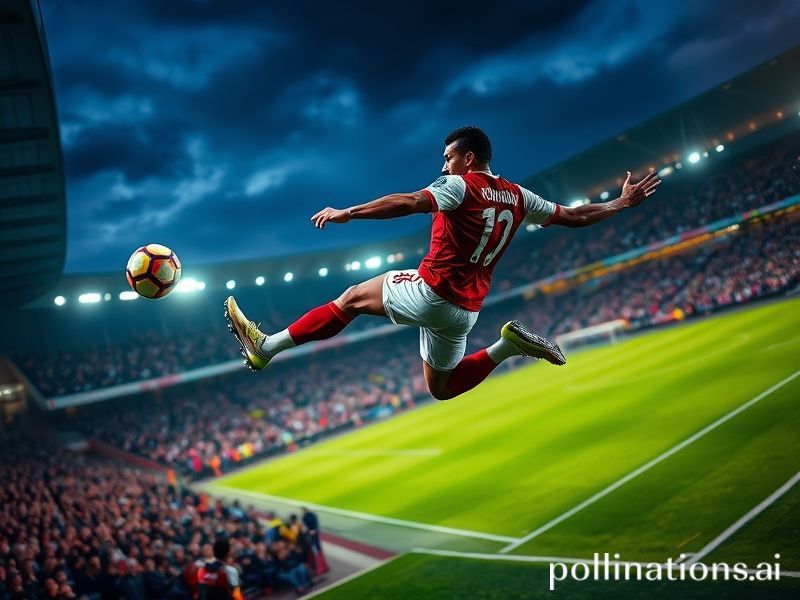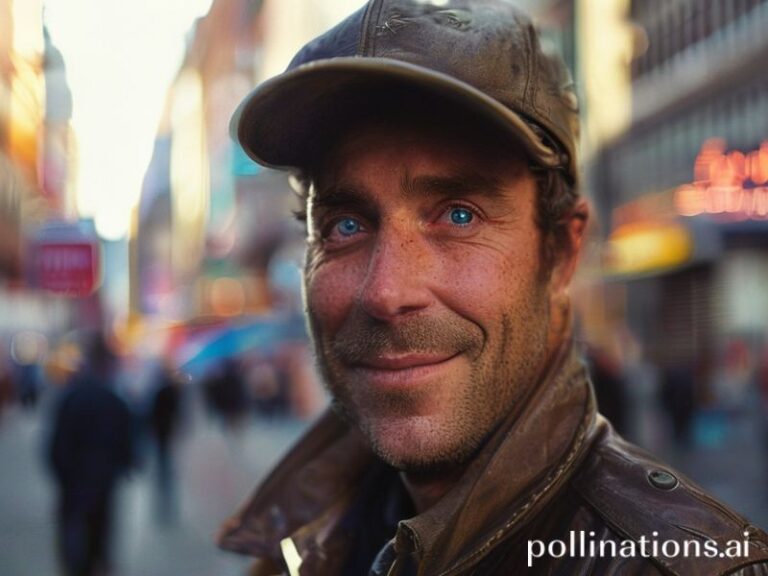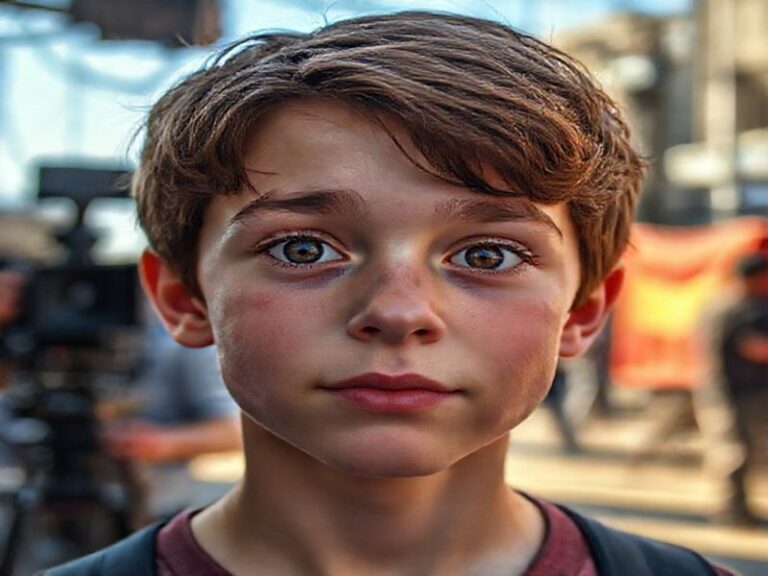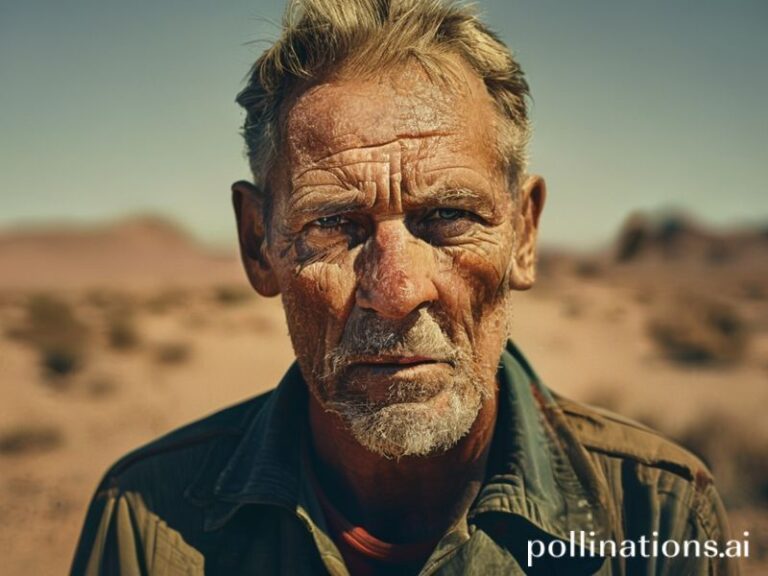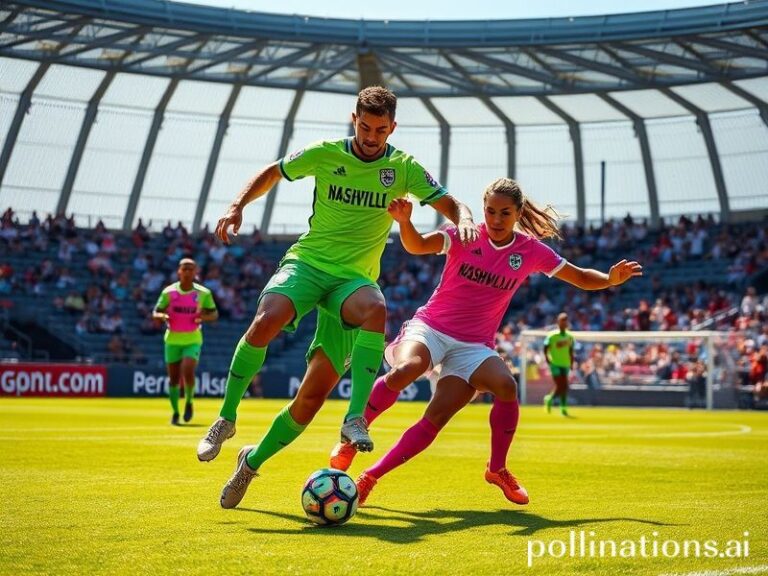Salomón Rondón: The Venezuelan Striker Who Outscored Hyperinflation
Salomón Rondón: The Striker Who Outlasted Three Presidents, Two Sanctions, and One Currency
CARACAS—When Salomón Rondón bundled home a rebound against Bournemouth in March, the modest cheer at Goodison Park was drowned out by a louder rovation in living rooms from Maracaibo to Madrid. Not because Everton fans are ungrateful—though they are—but because, for many Venezuelans, Rondón is no longer just a footballer. He’s a walking, heading, occasionally-diving national archive, a living testament to an era when the country’s inflation rate exceeded its FIFA ranking.
It’s easy to reduce Rondón to a simple refugee-success story: boy escapes collapsing petro-state, finds fame in European exile, sends money home. That narrative is true, just incomplete. Rondón has also become a geopolitical Rorschach test. In Moscow he was the first Venezuelan to lift a Russian Premier League trophy since, well, ever—an achievement that had state TV cutting to a beaming Nicolás Maduro, as if the striker’s 20 league goals somehow validated Bolivarian socialism. (They didn’t; Rubin Kazan’s wage arrears the following season did a better job of that.) In China he earned the sort of wages that would make a Belt-and-Road middle manager blush, playing for a Dalian Pro side whose owner vanished mid-season—an occupational hazard in both Chinese football and Chinese business. And in the Premier League he has become the rare constant in a country whose passport has depreciated faster than the ruble, the yuan, or even the post-Brexit pound.
Global audiences rarely notice that Rondón has now scored against four different reserve currencies. Statisticians will eventually file this under “trivia,” but in Venezuela it feels like cosmic irony: every goal a quiet middle finger to the exchange bureau. When he netted against Arsenal in 2019, the bolívar soberano was trading at 36,000 to the dollar on the black market; by the time he repeated the trick against Chelsea, the regime had lopped six zeroes off the currency and re-branded it the bolívar digital, because apparently adding Wi-Fi to hyperinflation makes it modern.
Yet the striker’s most subversive act isn’t economic; it’s existential. In a nation where 7.1 million citizens have simply left—roughly one Liverpool’s worth of talent—Rondón keeps returning. Not physically, mind you; CONMEBOL qualifiers have forced him to play “home” games in empty Bolivian stadiums thanks to sanctions and security concerns. But emotionally he keeps clocking in, captaining La Vinotinto with the solemnity of a man who knows each pre-match anthem could be the last time half the squad’s passports are still valid.
Diplomats in Brussels or Washington might call this “soft power.” Venezuelan barrio logic is simpler: if Rondón can survive Tony Pulis at West Brom, he can survive anything. That reputation traveled as far as Tehran, where state broadcasters once super-cut his headers over ominous Persian techno, proof that muscular socialism can jump, apparently. The irony, of course, is that Rondón’s greatest assist came off the pitch: in 2020 he quietly paid the outstanding wages of Deportivo Lara’s women’s team so they could afford breakfast, a move that trended harder on Venezuelan Twitter than any presidential decree.
Which brings us to the broader significance. In a world where the average footballer’s brand partnerships outnumber vertebrae, Rondón is an accidental dissident. He has never tweeted a manifesto, never posed with a slogan. He just keeps scoring, thereby reminding everyone that talent is portable but memory is stubborn. Every time he rises above a Premier League center-back, some kid in Caracas remembers that excellence is still exportable, even if the bolívar isn’t.
The football calendar will end, the geopolitical carousel will spin, and Rondón will eventually retire—probably to Orlando, where every Latin American exile ends up eventually. But until then he remains what he has always been: a 1.89-meter rebuttal to the idea that nations can collapse faster than people. In that sense, he is less athlete than durable good, a rare Venezuelan commodity still trading above par. And in 2024, that may be the darkest joke of all.

